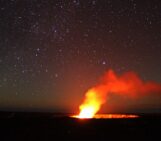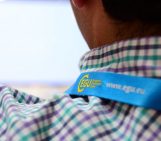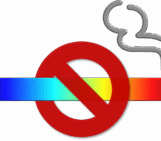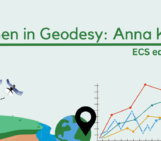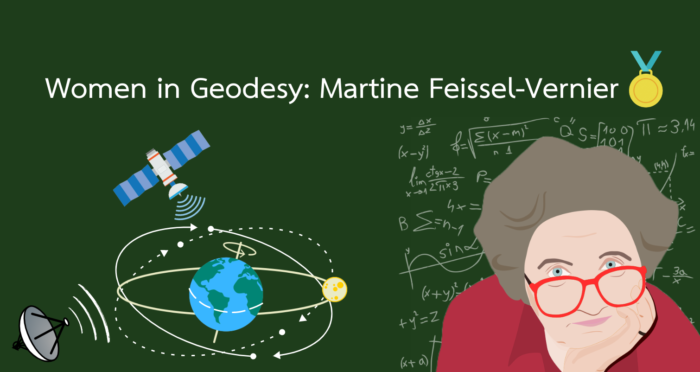
We started a new series where we interview past Vening-Meinesz medalists about her view and role as a women in science. So far, we have talked with Anny Cazenave and Véronique Dehant, the first and second Vening-Meinesz medalists. Only two years after Véronique Dehant, Martine Feissel-Vernier received the prestigious Vening-Meinesz medal in recognition of her outstanding accomplishments in the field of Earth rotation, geodynamics and geodesy, and for her devoted services to the scientific geodetic community. Curious to hear what she has to say about women in science? Then read below.
Would you like to share your thoughts about what being a woman in science means to you?
Why not?
Was there an influential woman in your life (both inside the family and outside the family) who impacted you in a way to become a scientist?
My mother indeed, but my father as well: they had not any gender model in mind. They were just confident in what their two daughters and two sons were able to achieve. Being number one in birth order, I was probably even more trusted than the younger ones.
In this situation, I didn’t need a model. As a teenager, I chose my way in several steps: first meteorology, then chemistry (to deal with perfumes, not petrol!), and finaly astronomy, that led me to geodesy in the course of my professional life. Later on, I built my path in international cooperations in a quite unconventional manner.
You’re one of the Vening-Meinesz medalists. We would like to hear a bit about your studies and what’s coming next.
My main study topic was the rotation of planet Earth, which connects extragalactic astronomy with geophysics and high precision geodesy. I was lucky to be in a central position in an international cooperation.
When I retired about 15 years ago, I left behind all scientific activities to turn towards juridic support to migrants.
Can you give us some names of women in science (dead or alive) who inspire you?
Anny Cazenave (CNES, France), Ruth Neilan and Jean Dickey (JPL).
What message do you want to pass on to women and girls who want to pursue a career in science, more specifically in geodesy? Maybe a comment on how we can make science more accessible to young women and girls?
Believe in your personal perception and wishes, follow your intuitions and always remember that women are equal to men.
More generally, it would be good that teachers at all levels get rid of gender preconcieved “ideas”.

Martine Feissel-Vernier in her office at the retirement party with the Vening-Meinesz medal at the table (Picture courtesy: Martine Feissel-Vernier).
We would like to thank Martine for the time to answer our questions.
And we have even more female geodeists who received the Vening-Meinesz medal, so more interviews to come…
PS: Interested to know who Vening Meinesz was then read our blog post about him here.

